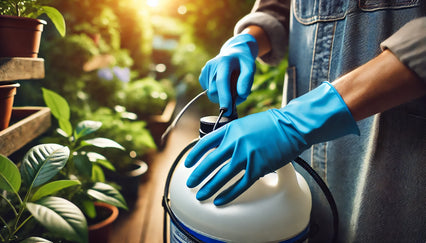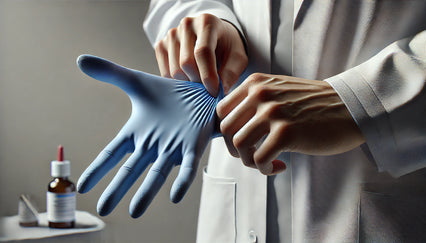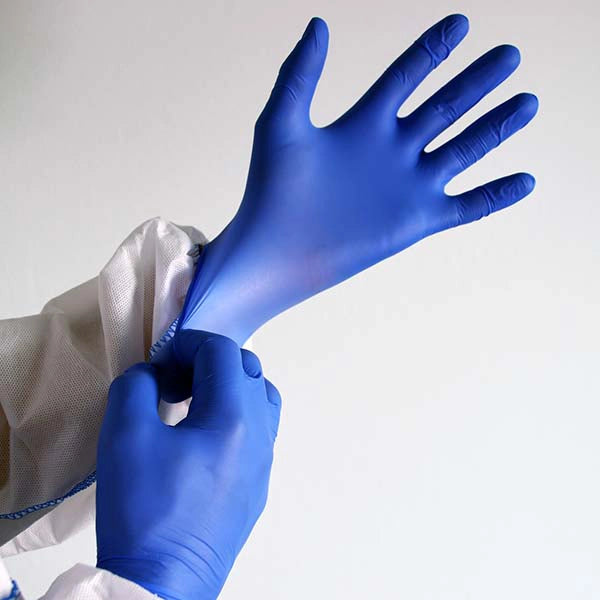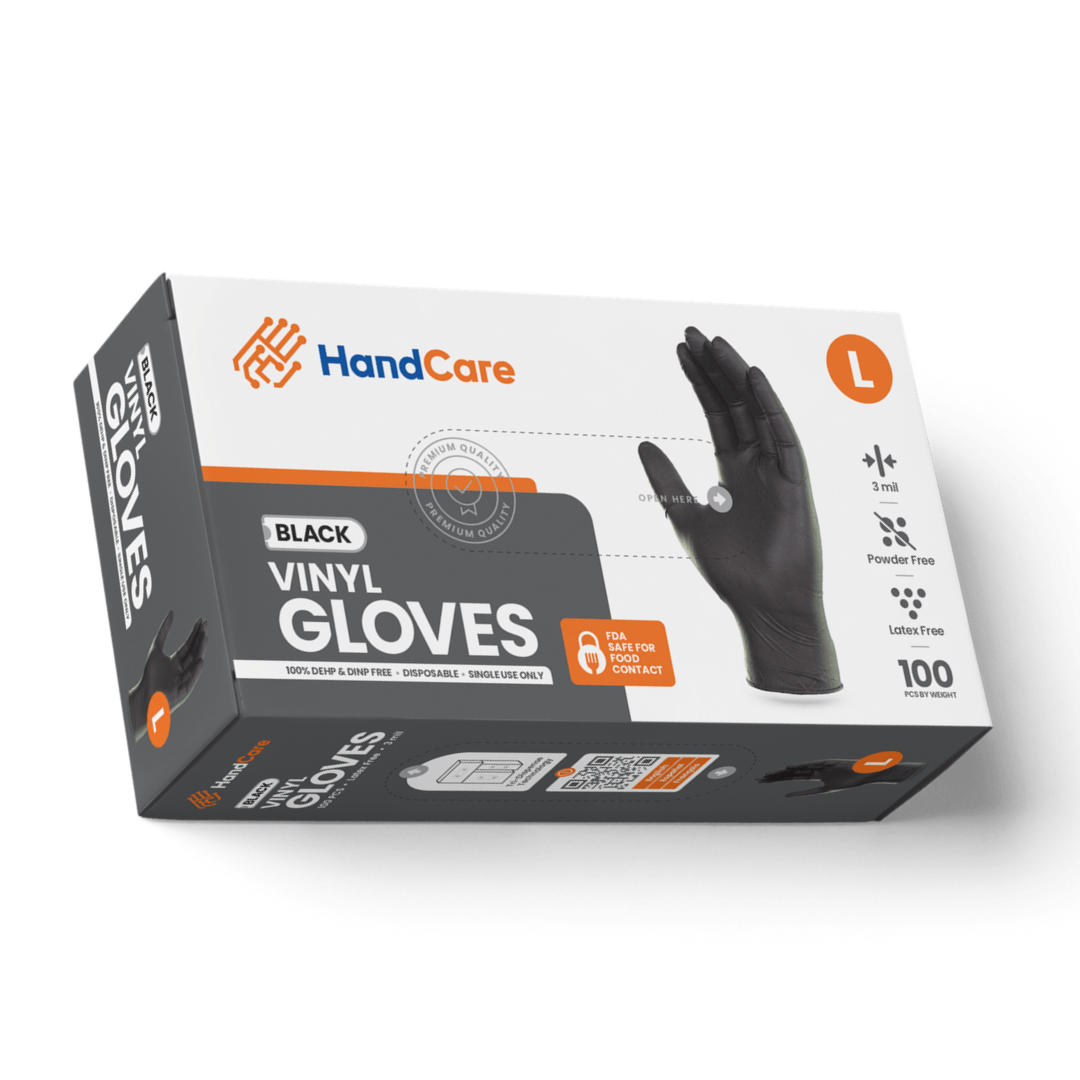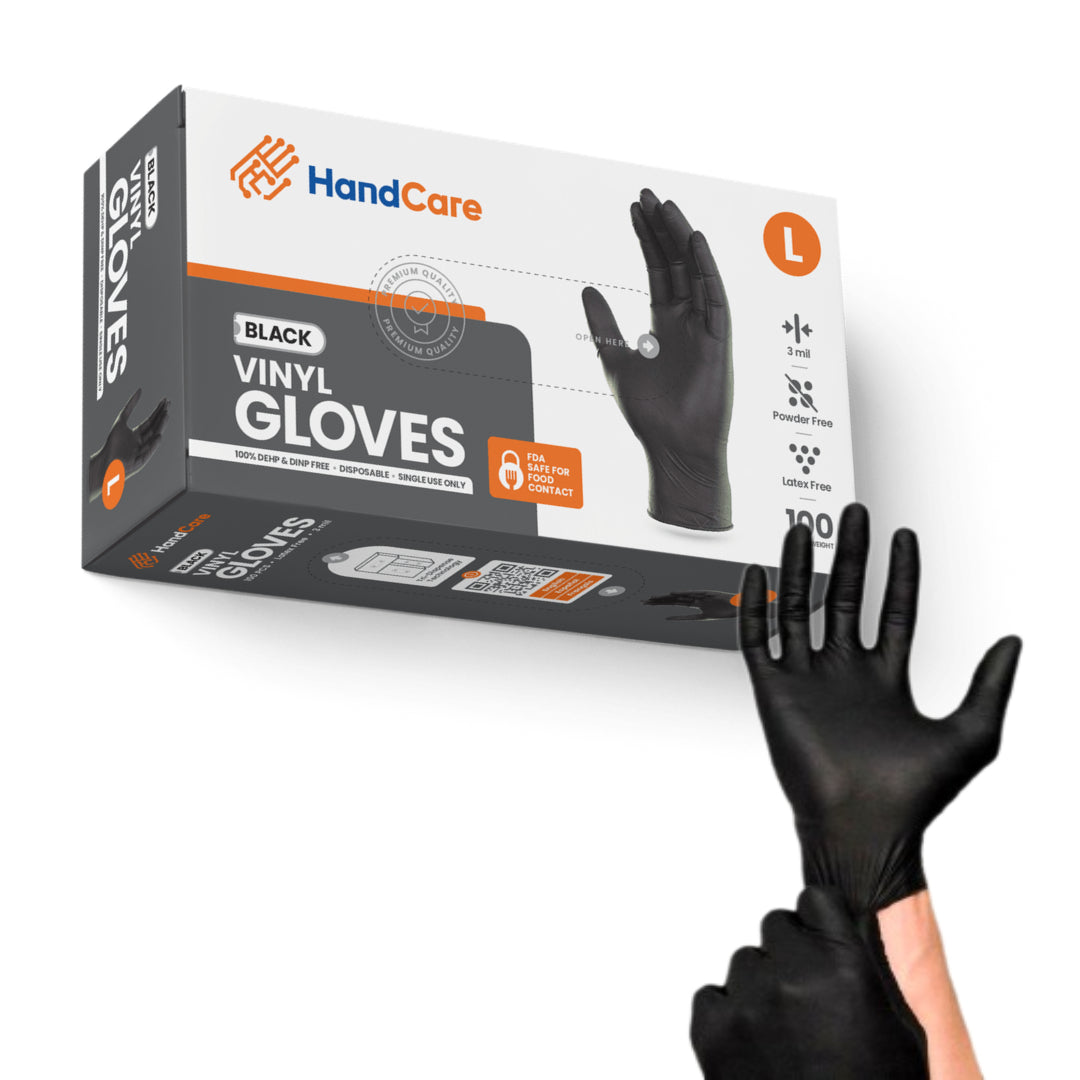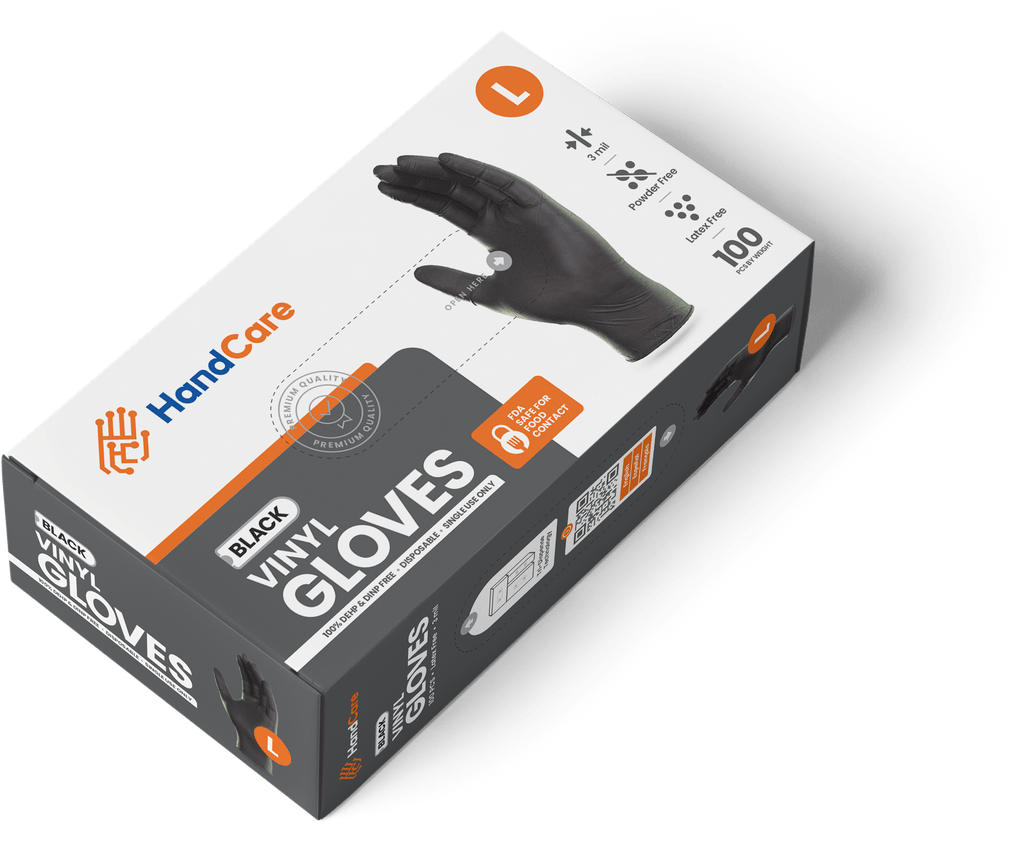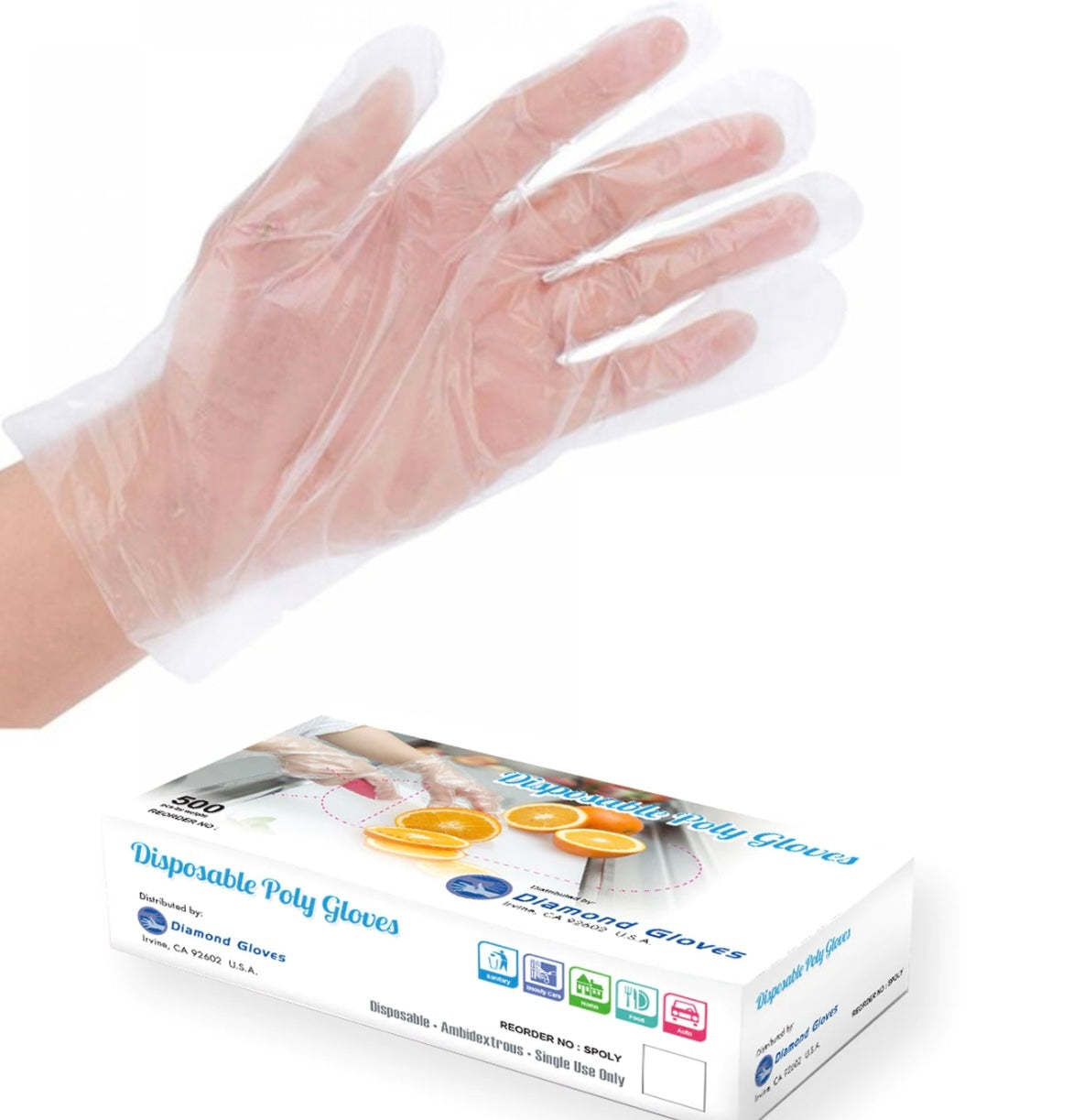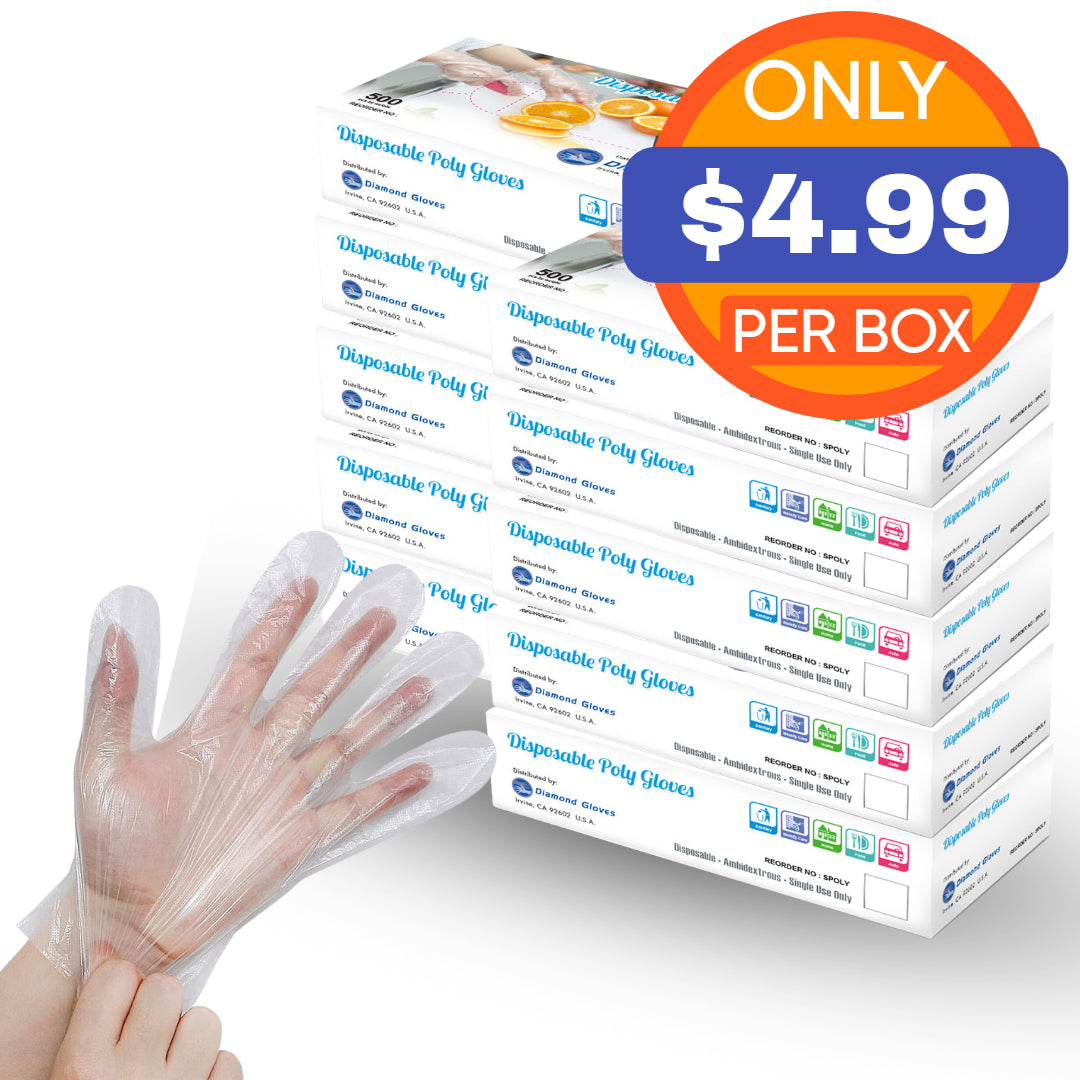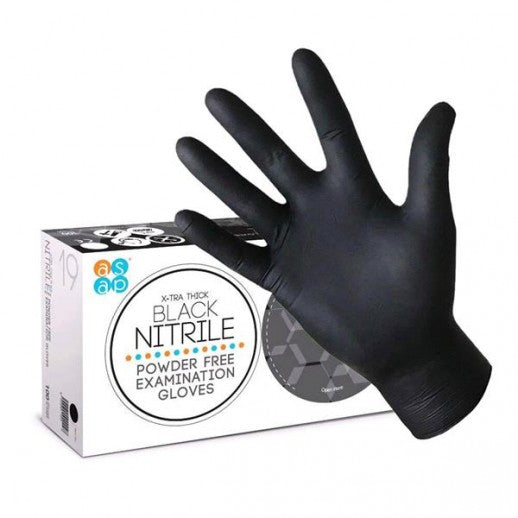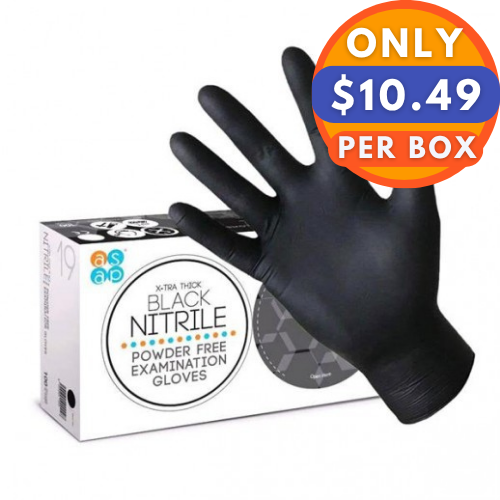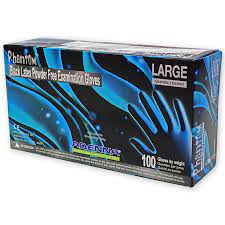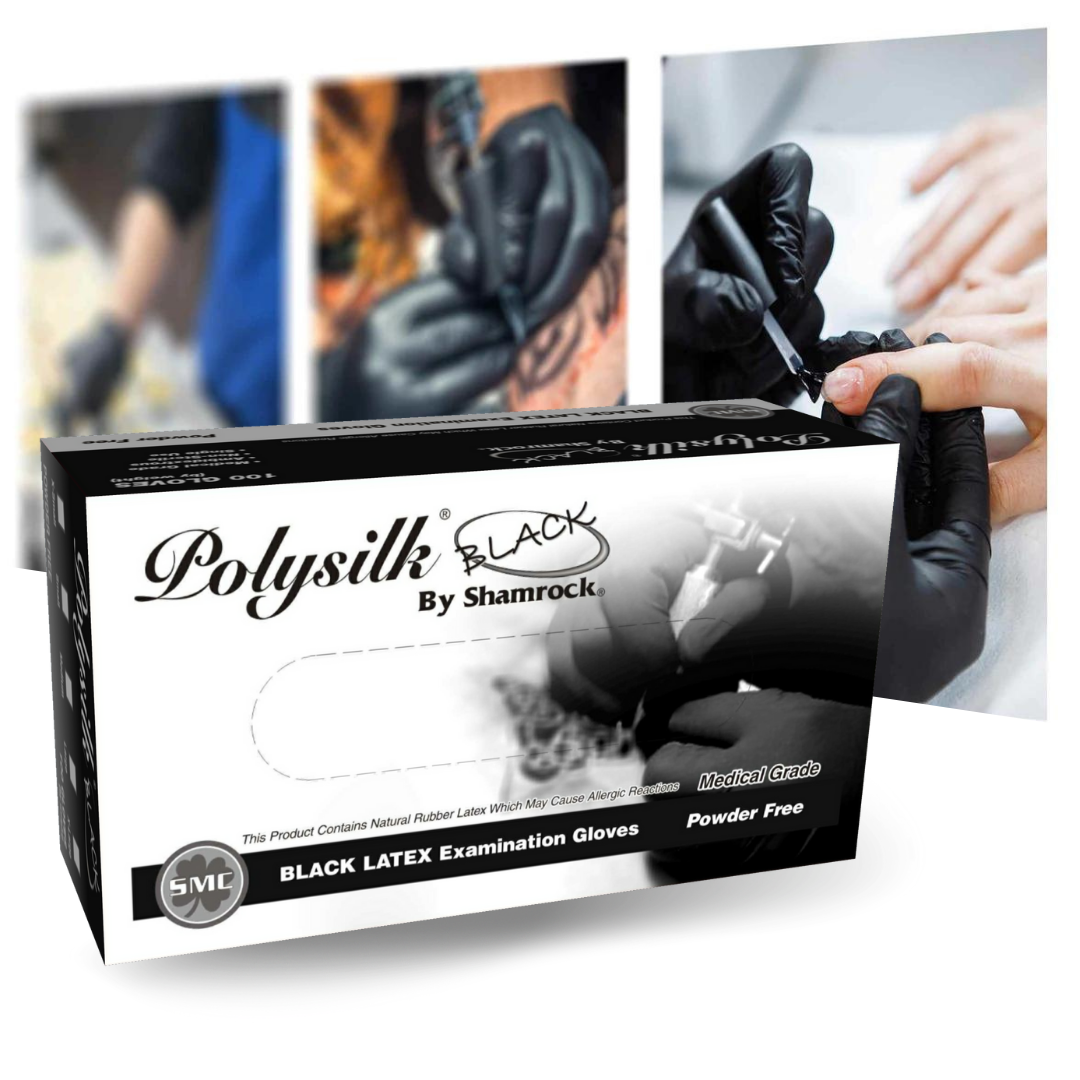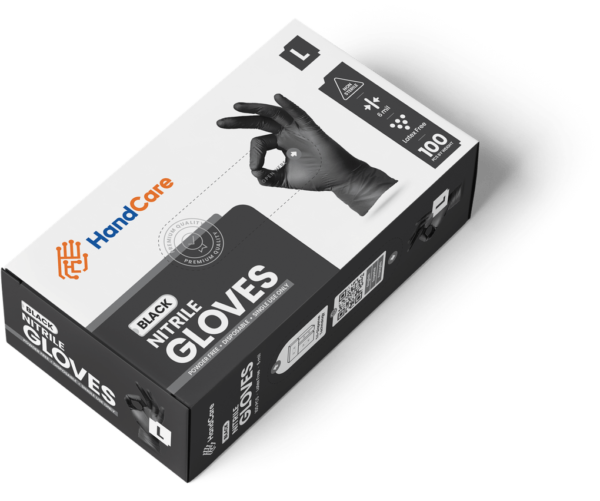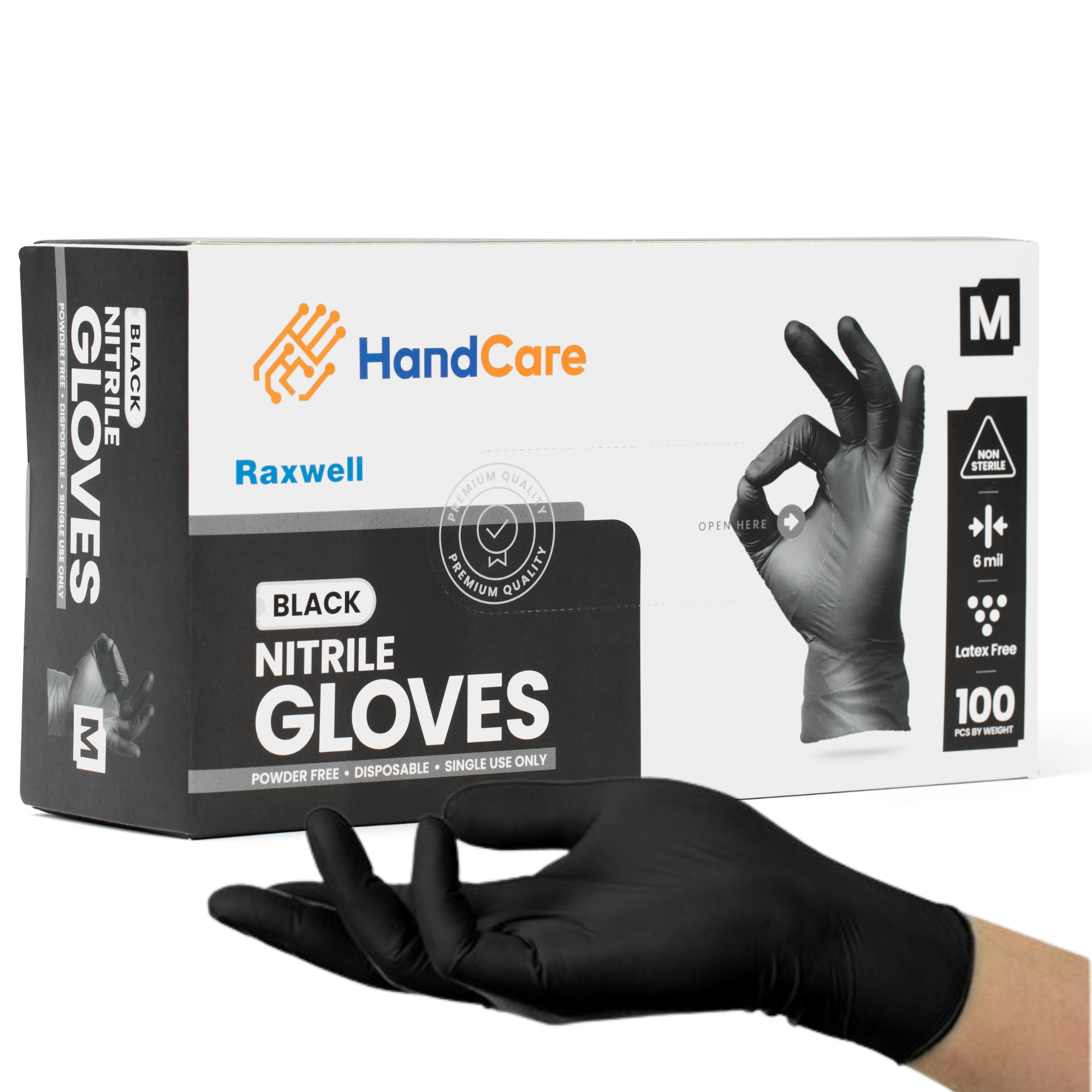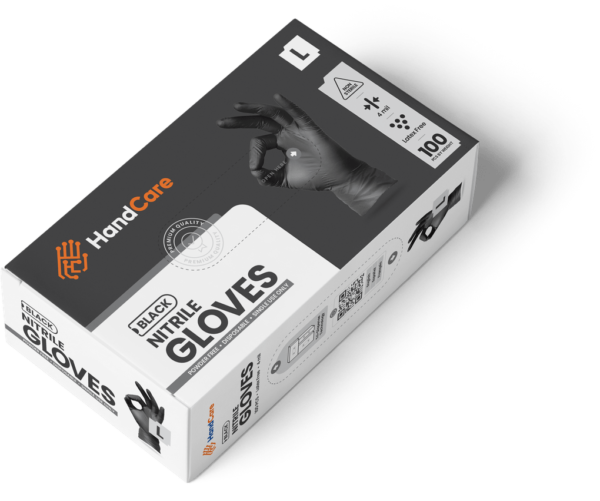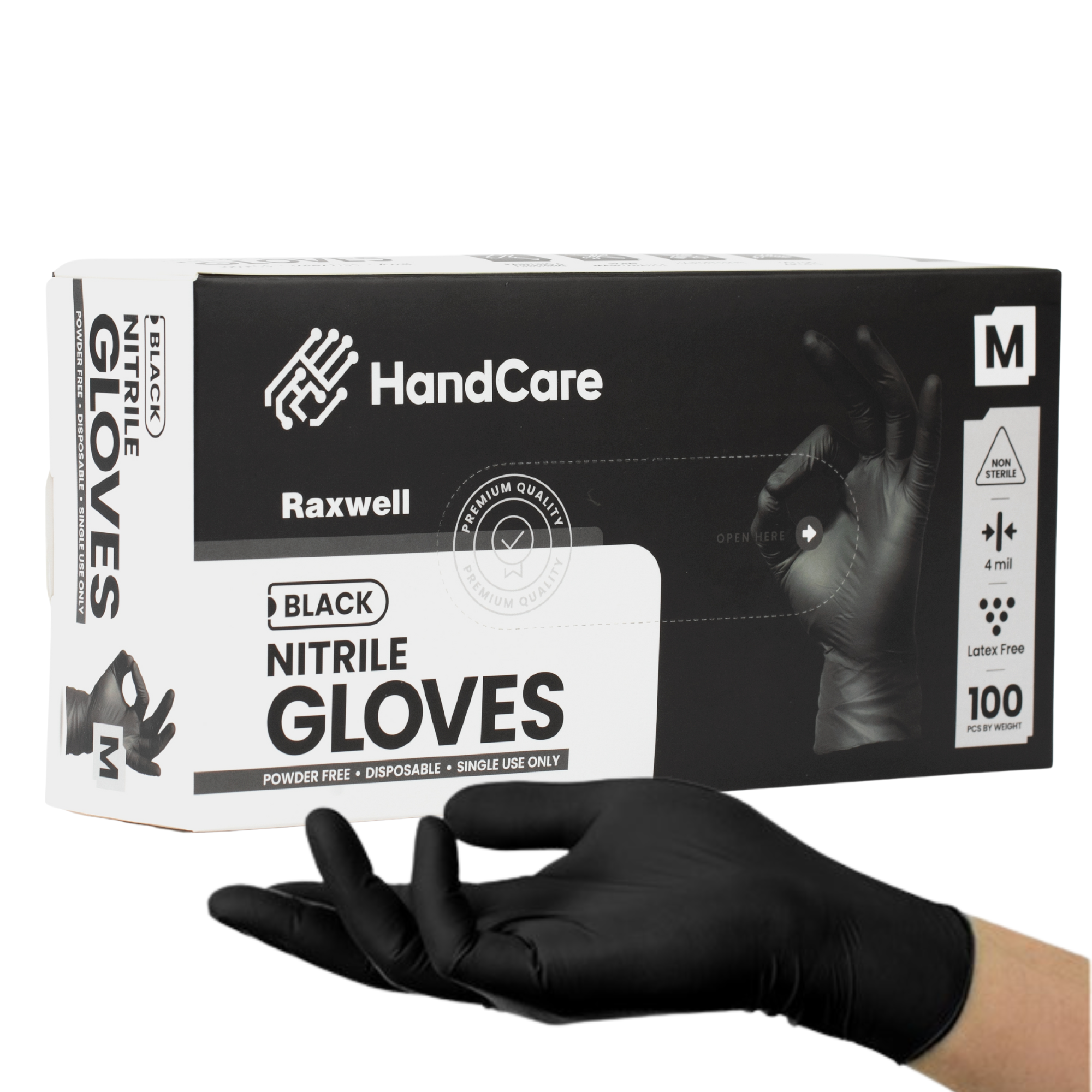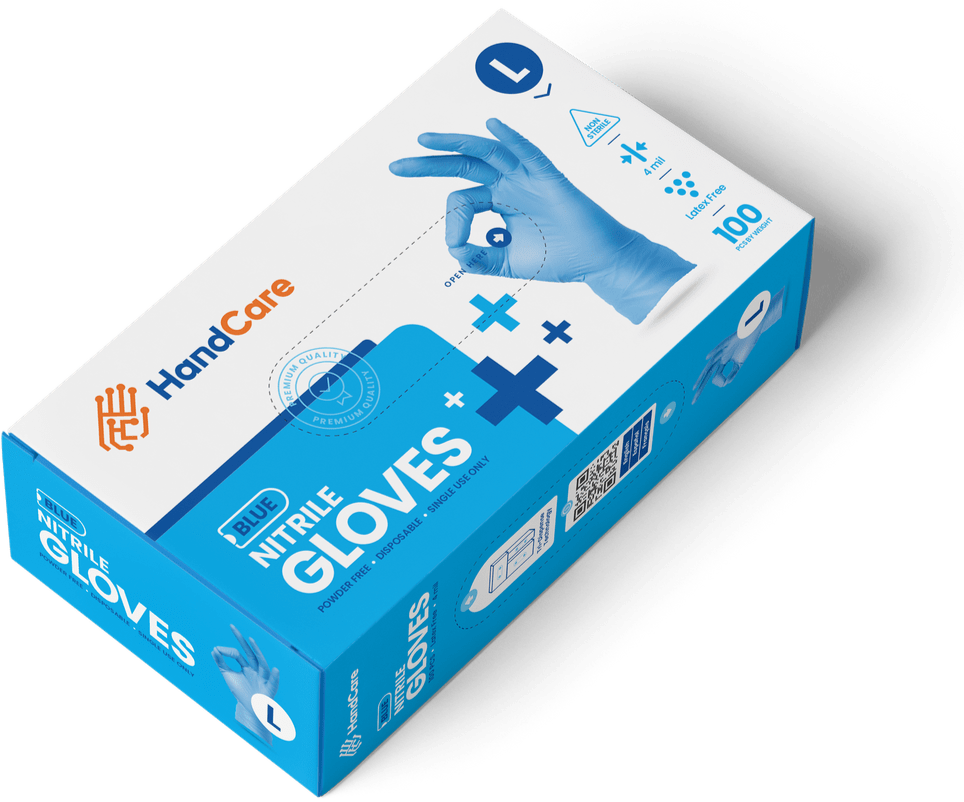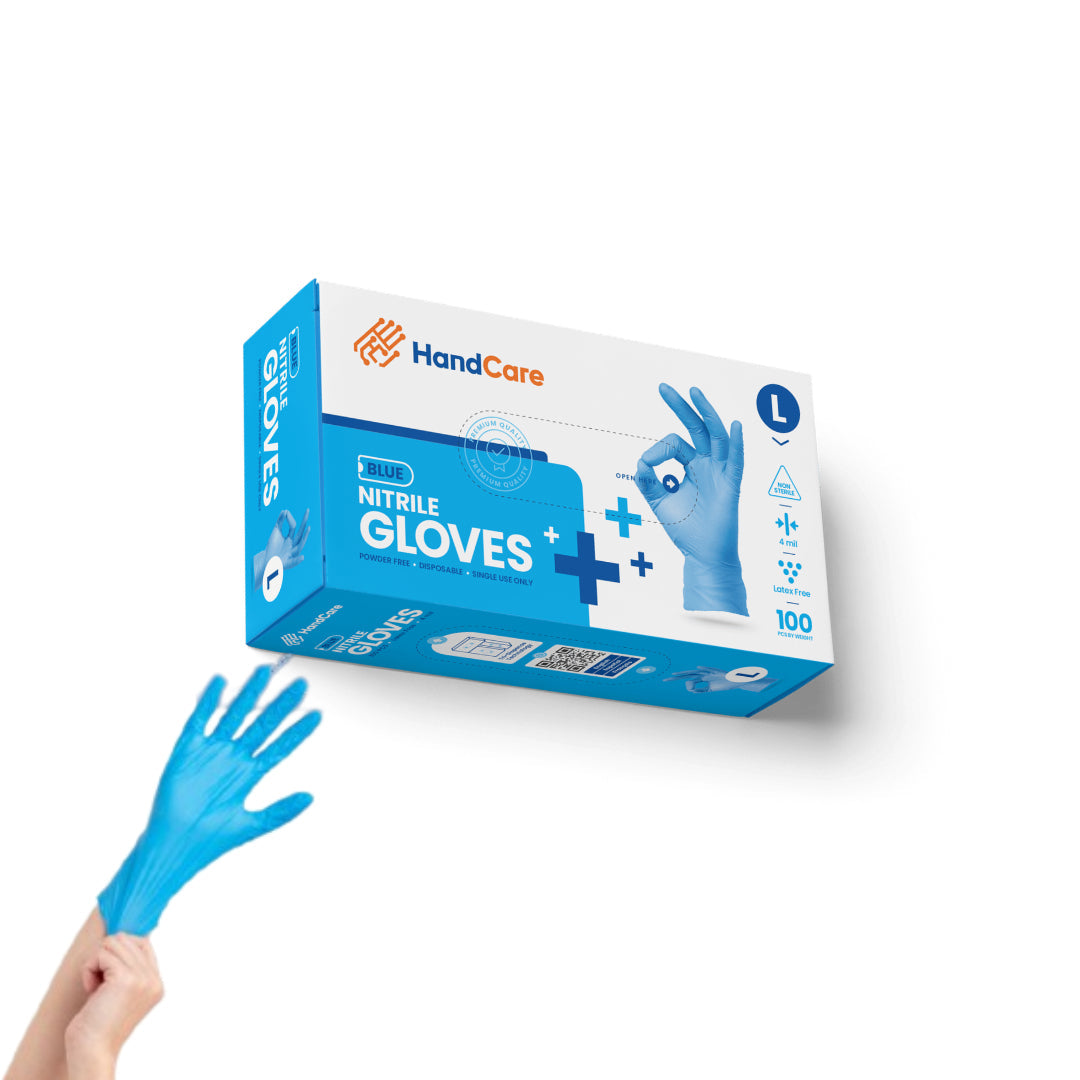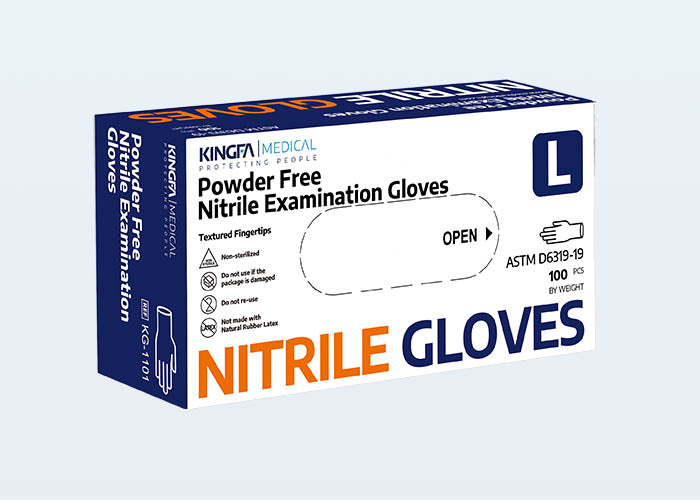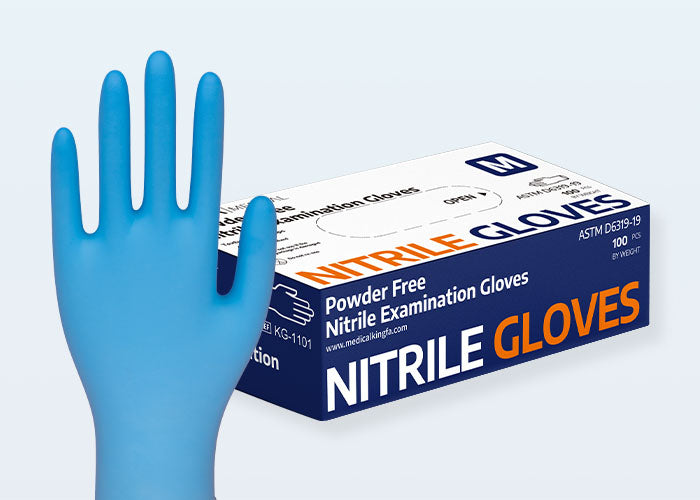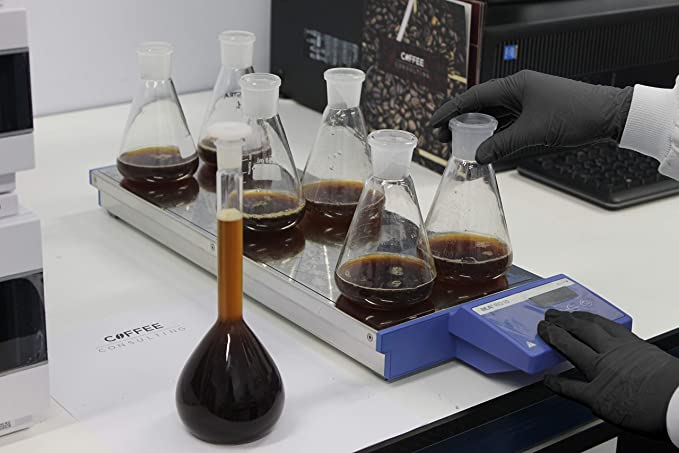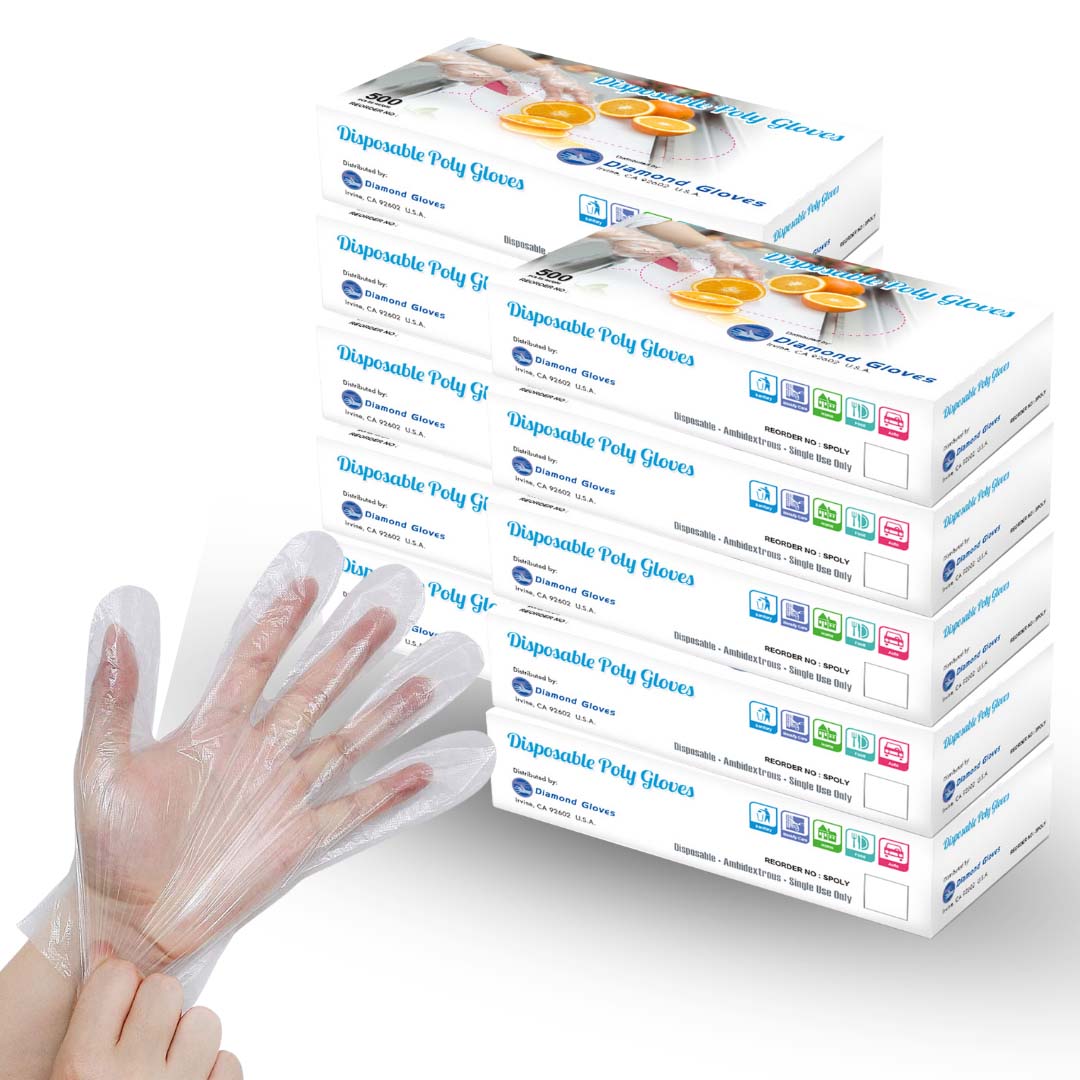What Gloves Are Used For Food Service
In food service, disposable gloves made of materials such as vinyl, nitrile, latex, or polyethylene are commonly used to handle food safely. These gloves help prevent cross-contamination and ensure that food is handled hygienically.
Are Gloves Required in Food Service
While gloves are not always required in food service, certain regulations may mandate their use in specific situations, such as when handling ready-to-eat foods. However, glove use is not a substitute for proper handwashing, which remains a critical component of food safety protocols.
How Often To Change Gloves in Food Service
The frequency of changing gloves in food service depends on several factors. Gloves should be changed whenever they become contaminated, when switching between tasks (such as moving from handling raw meat to handling ready-to-eat food), or after breaks. Gloves should never be reused and must be disposed of after each use.
Are Food Service Gloves Sterile
Food service gloves are typically not sterile. They are designed for general use in food handling rather than for medical procedures, which require sterile conditions. For food service purposes, cleanliness and barrier protection are the primary goals, rather than sterility.
Are Food Service Workers Required To Wear Gloves
Food service workers are not universally required to wear gloves, but regulations vary depending on location and the type of food being prepared. Gloves are generally required when handling ready-to-eat foods to avoid direct contact.
Can You Use Exam Gloves For Food Service
Exam gloves, while designed for medical use, can sometimes be used in food service if they meet food safety standards. However, it’s important to check local regulations and manufacturer guidelines to ensure they are approved for food handling.
Can You Use Nitrile Exam Gloves For Food Service
Nitrile exam gloves can also be used for food service, provided they meet the necessary food safety standards. Nitrile is a durable material and is often favored for its resistance to punctures and chemicals, making it a suitable option for handling food in some cases.
Where to Buy Food Service Gloves
You can purchase food service gloves from a variety of sources, including local supply stores, wholesale distributors, and online retailers. One of the best options for buying high-quality food service gloves is gloves.com, which offers a wide selection of gloves tailored for food handling needs.

They are currently offering a 50% discount on orders, as well as free shipping on purchases over $149, making it an excellent choice for stocking up on essential supplies for your business.
Check our Buying Guide for Cooking Gloves
Frequently Asked Questions
Are food servers required to wear gloves?
No laws or regulations require that food service employees wear gloves when handling food.
However, the FDA discourages bare-hand contact with ready-to-eat foods, even if you just use rubber gloves. These include foods eaten without further washing or cooking, such as sandwiches and salads. Wearing food-safe gloves is a best practice for preventing food contamination and arresting the spread of foodborne illness.
What is the difference between food service gloves and medical gloves?
Gloves for food service and medical applications are typically made from similar materials. However, because there is a higher risk of disease transmission in medical settings, medical gloves are held to a different quality standard than food service gloves.
Unlike food-grade gloves, medical-grade gloves must pass FDA requirements for safety, quality, and durability — defects cannot be present in more than 2.5% of any batch of medical gloves. Disposable gloves for food handlers don’t have this requirement, though they do need to be impermeable, sanitary, and made from food-safe materials.
Do food service gloves need to be sterile?
No, food prep gloves don’t have to be sterile. Non-sterile gloves are perfectly safe for use with food items as long as they’re impermeable and changed frequently.
Sterile gloves, which are mandatory for surgical use, are sterilized with gamma-wave irradiation or autoclaving during production to eliminate all microorganisms. This level of rigorous sterilization is optional for food service applications.
What kind of gloves are used in food service?
It’s important to use disposable gloves for handling food. Not only are disposable gloves convenient for food processing and preparation, but they help prevent the transmission of bacteria to food, utensils, and equipment. Wearing gloves while cleaning and dishwashing is also important.
These gloves are designed for single use and are typically one-size-fits-all, making them easy to change between tasks so you can enhance overall hygiene.
How often should food service workers change gloves?
Food service workers should always change their disposable gloves if they become torn, punctured, or dirty. Changing gloves when switching between different tasks, like taking out the garbage or handling raw meat, is also essential.
Even if the gloves have not become torn or contaminated, the FDA recommends changing gloves after four continuous hours of use. This schedule prevents the growth of pathogens, which can multiply to dangerous levels in and on gloves that are worn too long.
Can you use nitrile gloves for food service?
Nitrile gloves are ideal for food service because they’re highly durable and resistant to chemicals and oils. They’re also harder to puncture than latex or vinyl gloves, ensuring they stay food-safe and sanitary longer. Unlike latex, which can cause allergic reactions, nitrile gloves are entirely allergen-free. We offer a range of food-safe nitrile gloves at wholesale prices.
Can you use latex gloves for food service?
Latex gloves can be used for food service, but the downside is that the material can trigger allergic reactions in people who are sensitive to natural rubber latex. Because of this risk, some states have banned the use of latex gloves in food manufacturing and food service. If you decide to use latex gloves, check your local regulations.
Can you use vinyl gloves for food service?
Yes, vinyl gloves are an affordable alternative to nitrile and latex in food service settings. They’re durable and tear-resistant but relatively thin compared to nitrile and latex gloves. Vinyl gloves also fit snugly, distinguishing them from looser poly gloves (another cost-effective option). This snug fit ensures good dexterity while handling food.
Why are food service gloves black?
Black gloves are both practical and aesthetic. Compared to white gloves, it’s easier to see when black gloves are torn or punctured, alerting the wearer that it’s time to don a new pair. The right black gloves also disguise stains and smudges, offering a cleaner look when handling and preparing food in front of customers.
